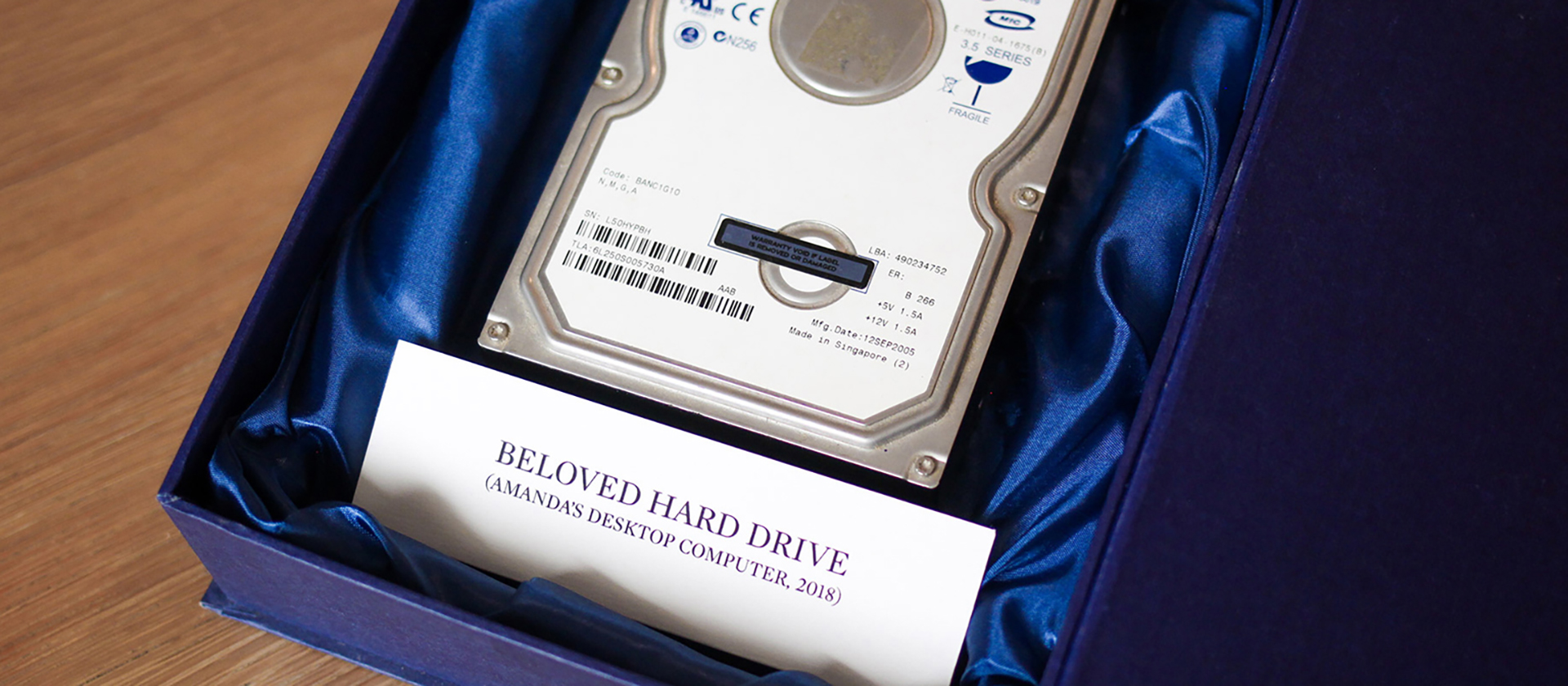
Data Funerals
How do we mourn the loss of our beloved, vanished data?
If we are on the verge of becoming a digital civilisation, as has been repeatedly emphasised, and if funerals are considered by anthropologists as one of the foundations of a civilisation, should we begin to imagine funerals for our precious data? Do we value them enough to grant them a ceremony once these beloved traces of our lives have disappeared?
Data plays a crucial role in our lives and has become a digital extension of ourselves. Indeed, it has even become the essential building blocks of our so-called ‘data-driven’ societies. However, data remains fragile, volatile, and vulnerable fragments of our digital selves, even in the era of widespread backup. In the face of leaks, hacks, misuse, and bankrupt startups, data is exposed to a wide range of existential risks.
But are we truly ready to cope with the loss of these beloved digital entities?
Data Funerals addresses this issue of data disappearance through the lens of its emotional impact on individuals. Who hasn’t felt that sense of grief and helplessness when an external hard drive unexpectedly crashes? Those design fictions imagined extrapolate often unconventional futures, where rites and services accompany those mourning the loss of data.

↑ In a fit of desperation after his computer crashes, a user organises a ‘0u1ja’ session as a spiritual and introspective experience in an attempt to reconnect with his lost data.
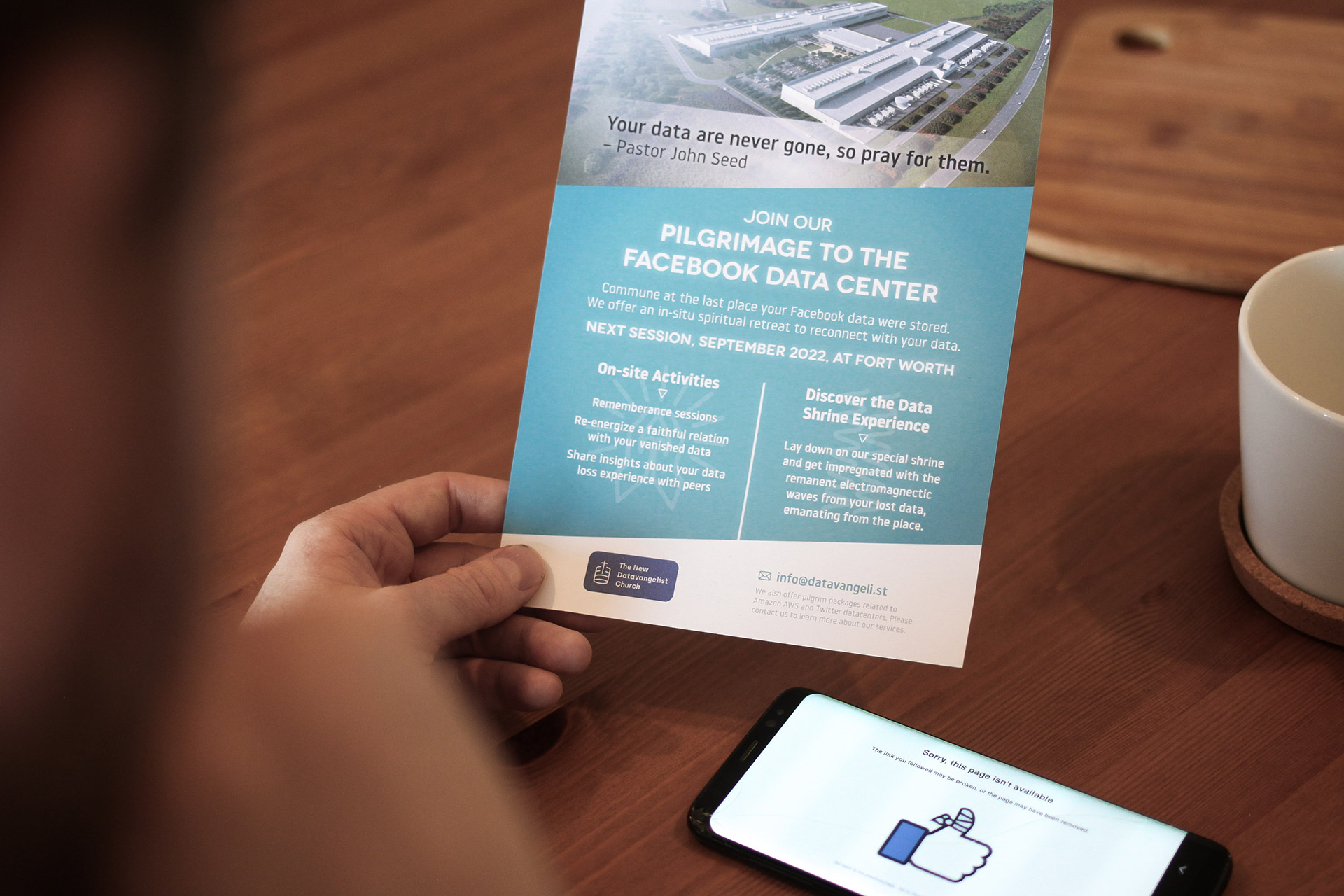
↑ The Datavangelist Church offers pilgrimages to reconnect with lost data, journeying to the data centres where it rests for eternity.
Data Funerals is intended as a participatory approach that combines a workshop, a toolkit, and a series of design fictions. Each face of the project explores speculative and emerging rituals to help users cope with digital services that one day cease to function.
Far from being mere speculation without any concrete perspective, the insights from Data Funerals can help online service providers develop new user experience approaches — with features and processes that truly take into account the multiplicity of emotions and behaviours, as irrational as they may be, that arise from the loss of personal data.
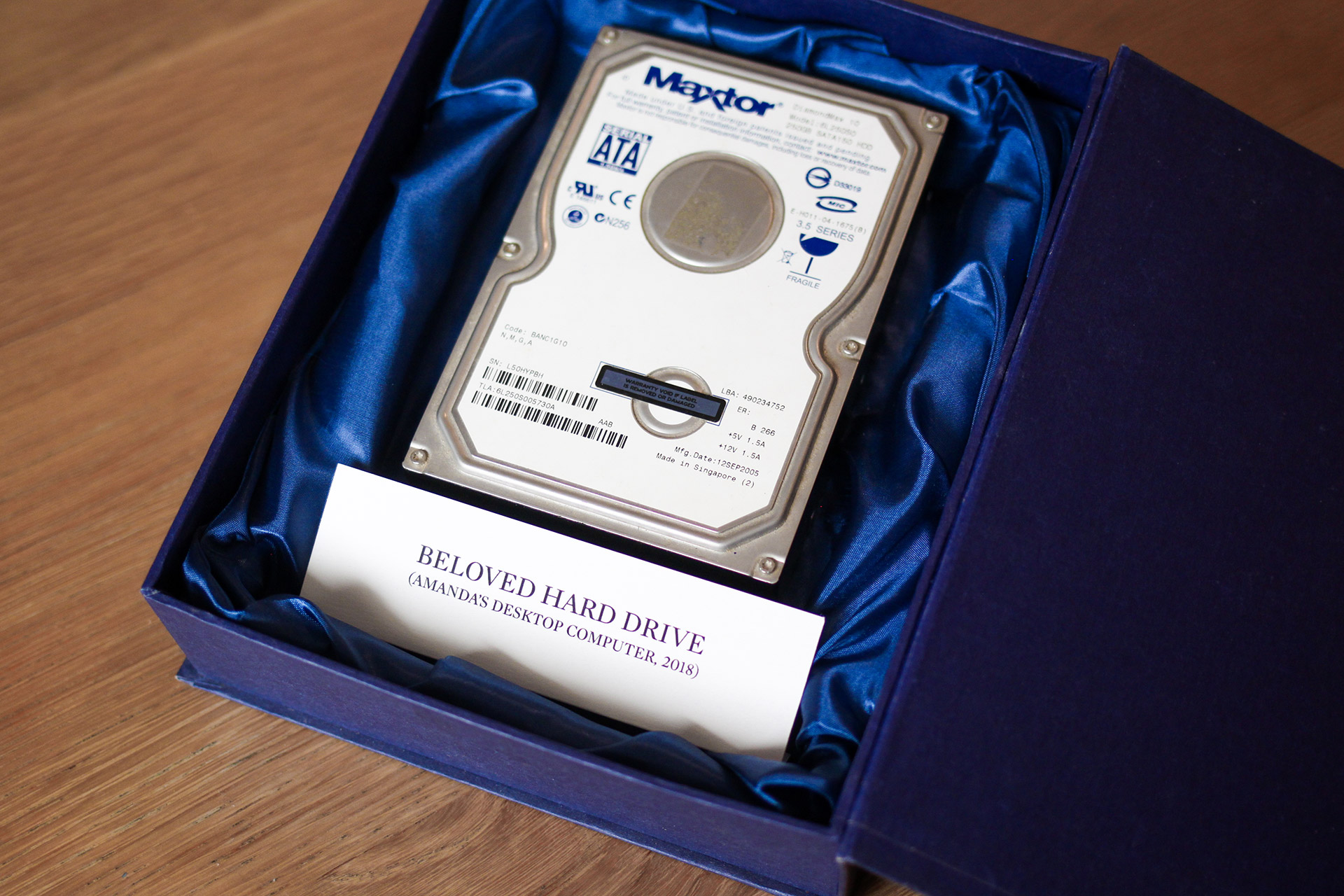
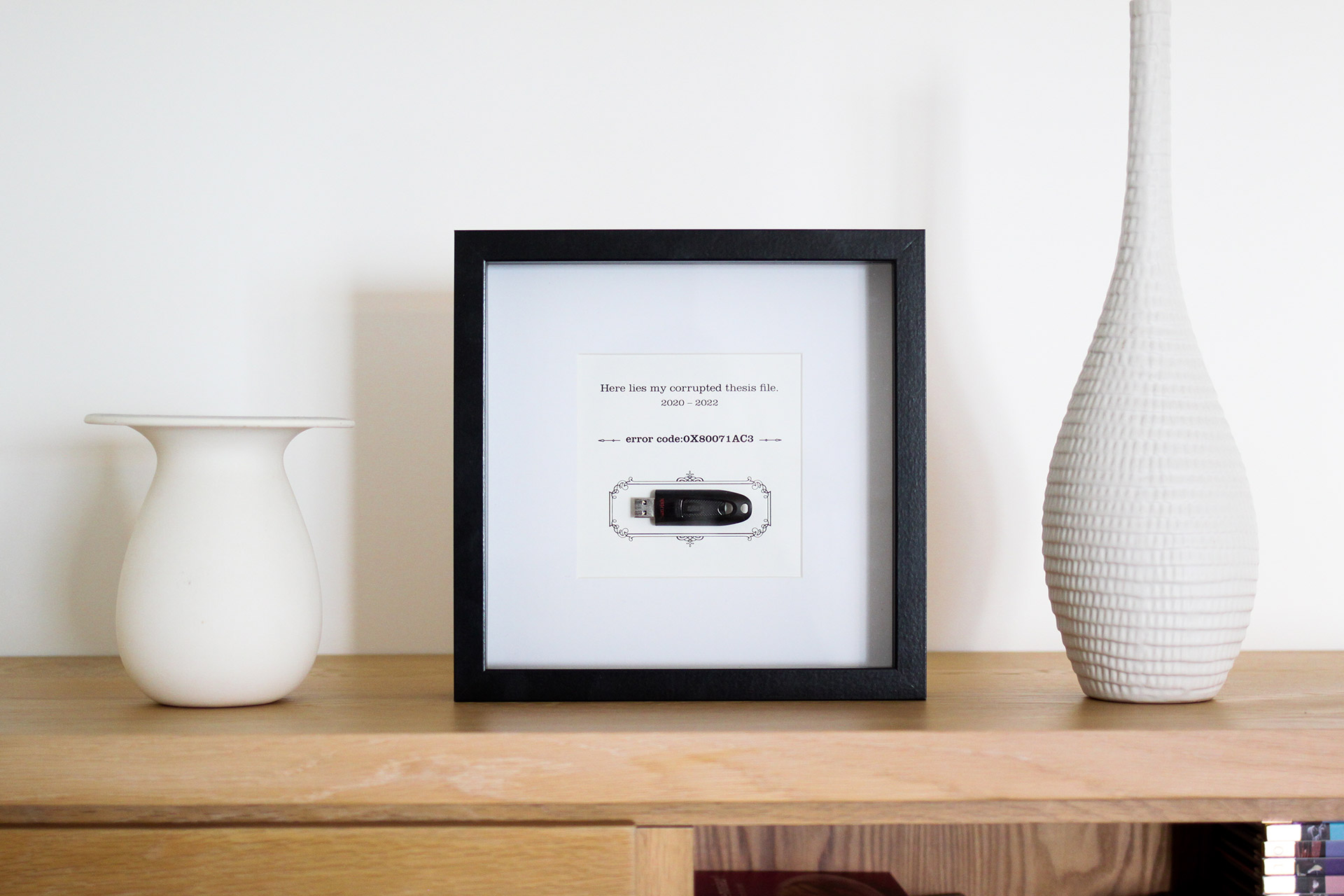
↑ The faulty storage device becomes a ‘mundane relic’, a cherished keepsake held onto in the hope of one day recovering the lost data.
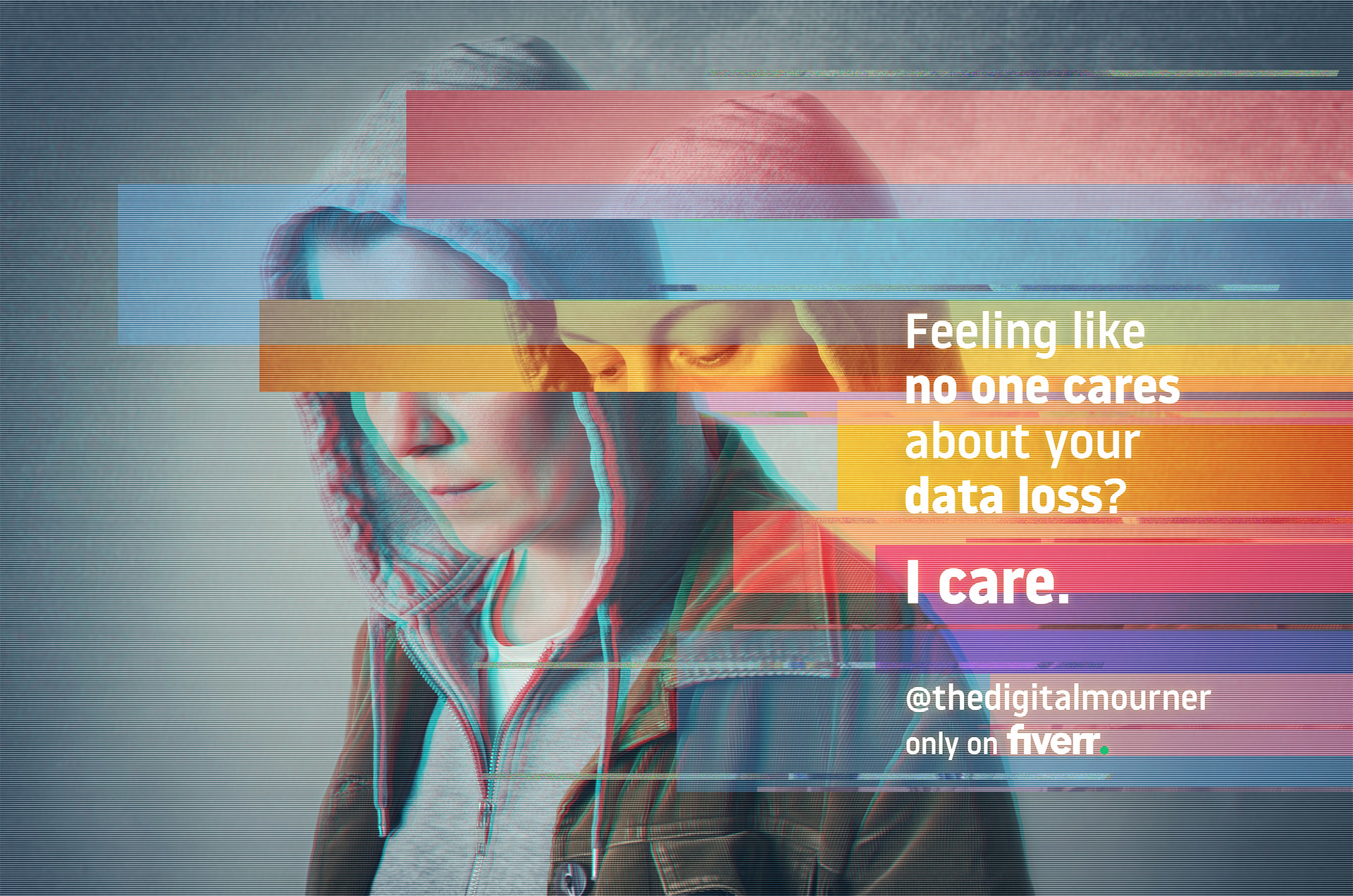
↑ The digital mourners are micro-workers from the digital labour economy offering their lamentation services on the sponsor’s social networks, publicly sympathising with the loss of data.

↑ The Anti-memorial for the pieces from the Anthropocene is a personal monument to remember the positives of losing data, reflecting on the benefits of freeing oneself from the toxic digital services that were once part of our lives.
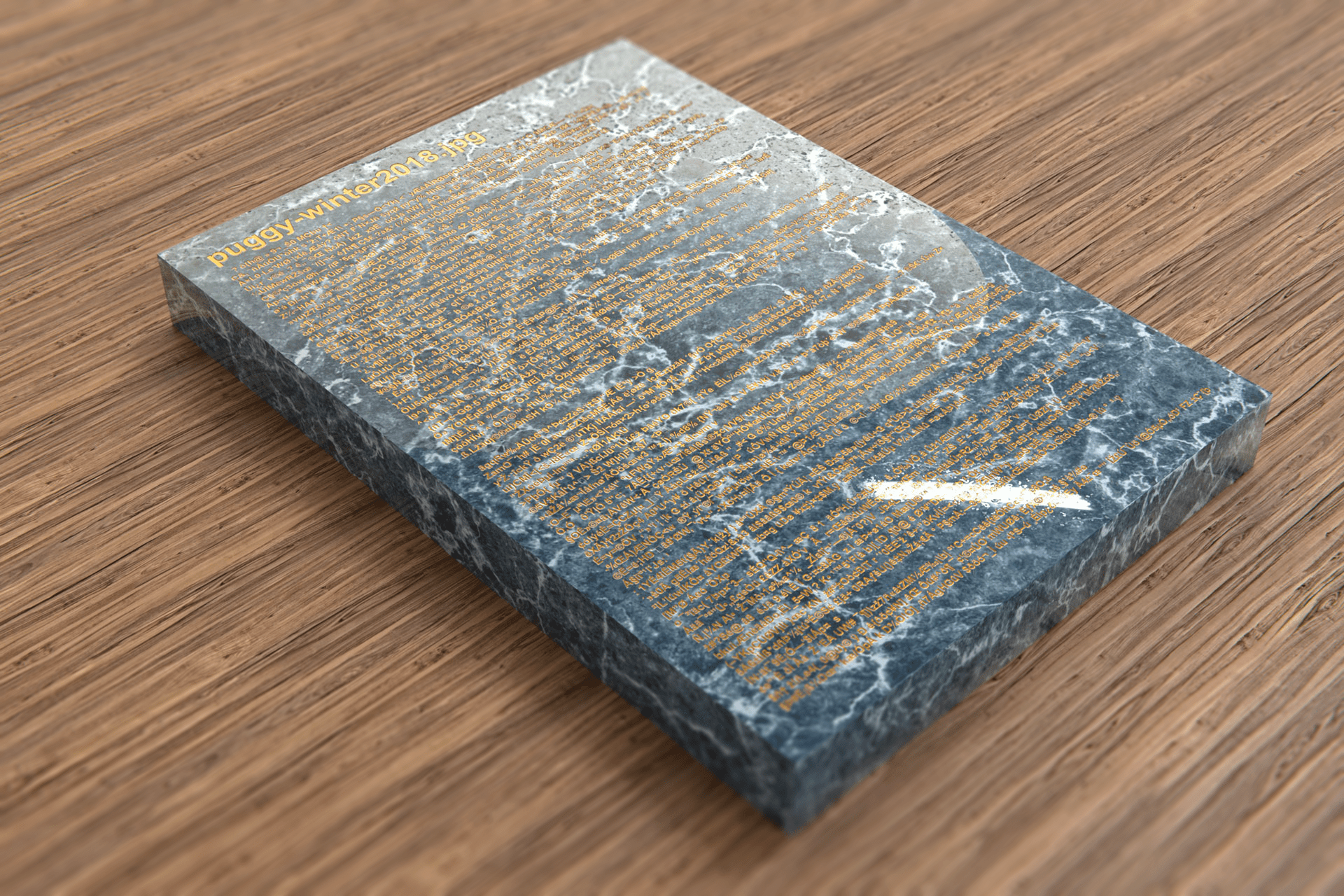
↑ Members of the ‘extreme backupists’ movement explore the most radical methods of data backup, here literally engraved in stone.
